“I’m not fast, I’m just on the faster side”.
These words are spoken by a man who frequently finishes on the podium at regional trail races. He has run a 8:30 2 mile on a downhill road. He easily runs 100 mile weeks. By any objective standard, he is certainly fast. But he refuses to admit it.
For many trail runners, there seems to be a substantial disconnect between our perceptions of our abilities and reality. For even those who are seemingly fast, there is always someone faster. How can we call ourselves fast when we look at Jim Walmsley’s splits on a casual long run? How can we call ourselves fit when we see Killian crush a 20,000 ft gain day in the mountains in an easy “zone 2” effort? The long tail of fitness in endurance sports is overwhelming. But I also suspect there can be some damaging downstream effects with all of us identifying as “middle of the pack” runners.
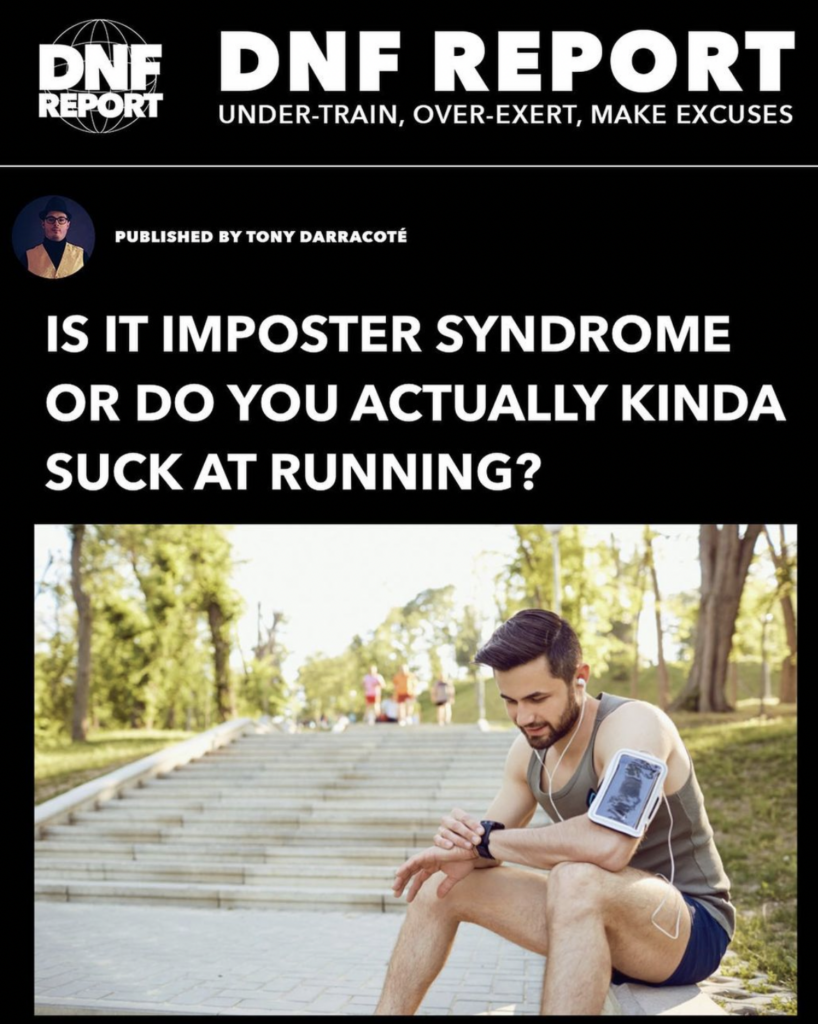
I struggle with this issue of self-representation frequently, not just in trail running but also in all mountain sports. Compared to many of my friends, many of whom are better runners, climbers, or skiers, I am pretty mediocre at the things that I do. But I also realize that I have self selected into some very elite athletes, some of whom are beginning to get recognition on the national scene (looking at you, Blake). And with off trail travel and ski traverses specifically, I can confidently say that I am “on the faster side”. But should I say that I am “fast”?
When I categorize the difficulty of a route or objective, I often think beyond the first order implications of my assessment. “It took 14 hours at an easy-for-me pace” gives a reference, but how accurate is it for others? I am well aware that I am faster than most people at these high routes, but to claim outright that I am “fast” feels like bragging, and maybe not acknowledging the people well beyond me who are “truly fast”. How do I avoid “sandbagging” people, downplaying my own abilities and wrongly encouraging people to get in over their heads? And if I am not fast, what does that say about other people who are much slower? How does that make them feel?
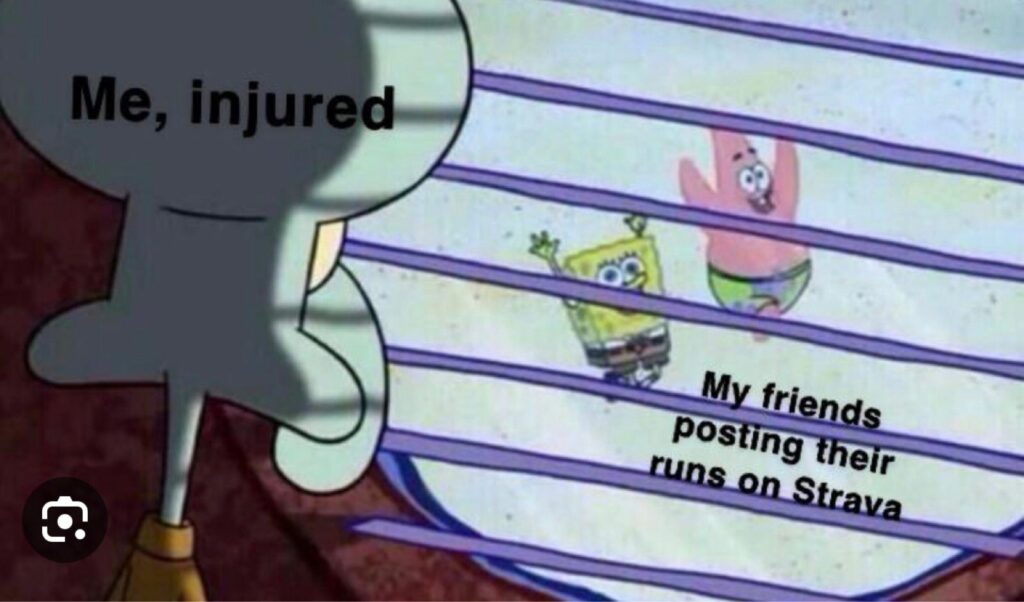
I have my personal reasons for not wanting to identify as “fast”. I do not train in any focused sense, and my friends who train with regularity have become much faster / more skilled at their disciplines. Downplaying my abilities also feels like it gives me more room for growth and an underdog mentality. There is also a certain regional hubris of sandbagging and downgrading difficulties from the Index Hardos and Cascade Hardmen. Maybe some of it is the legacy of never making varsity track in high school, although I did compete in one of the most competitive conferences in the nation where most varsity runners were capable of going D-1. To be honest, sometimes it is difficult to see my progression over the years, so that the image of myself that I still carry is when I truly was just a newbie in so many of these sports. And maybe, I just also want to fit in, a bit like how nearly all Americans consider themselves “middle class”.
I, and many other runners, am conflating the concepts of objectivity and identity. If I am objectively a fast runner but do not identify as a “fast” runner for various reasons, it can be very confusing to other runners who are slower. Perhaps being “fast” is important to their identity and self-worth; they might feel that my personal identification is a dig on them. Another runner might be emboldened to try one of my routes and feel disappointed when it takes them substantially longer, questioning their own identity as “fast”.
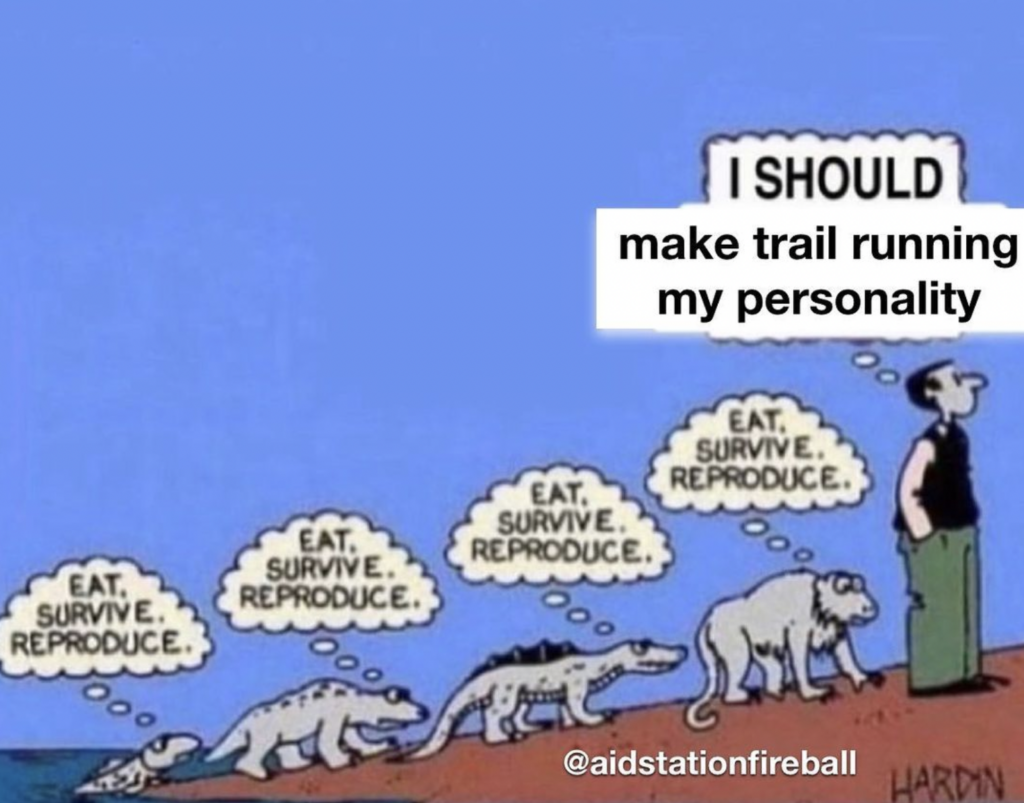
So much of our abilities – running, climbing, skiing – are out of our control (genetics, how young we got started, access to resources) that comparison is not very valuable in most cases. I started running cross country in 3rd grade and immediately started winning races. I have that “aerobic privilege”, both genetically and physiologically from so many years of low intensity exercising. When we look at someone’s Strava, there is no context beyond the raw numbers. Numbers feel objective, but in complex endurance sports, they are anything but.
As more people enter these sports, I think it becomes challenging to maintain a culture of sandbagging while also fostering inclusivity. Climbers lament grade inflation, skiers say the same about resort ratings. Are lowering standards inclusive or misleading? Part of the problem is that so much of our identity is interwoven with our abilities: I’m a “5.9 climber” or “single black skier” or “9 min pace runner”. The collective understanding about ratings – who is “fast” and who is not – is integral to how many of us see ourselves in the community. In an era of unlimited data, Strava splits, and Mountain Project ticks, it is hard to feel good about our abilities in relation to others. I cannot tell you how many times I have heard, “sorry for slowing you down”, but I wish I never heard it again. Please, please, do not apologize for what is most likely just genetics, being newer to a sport, or quite likely a superior life balance.
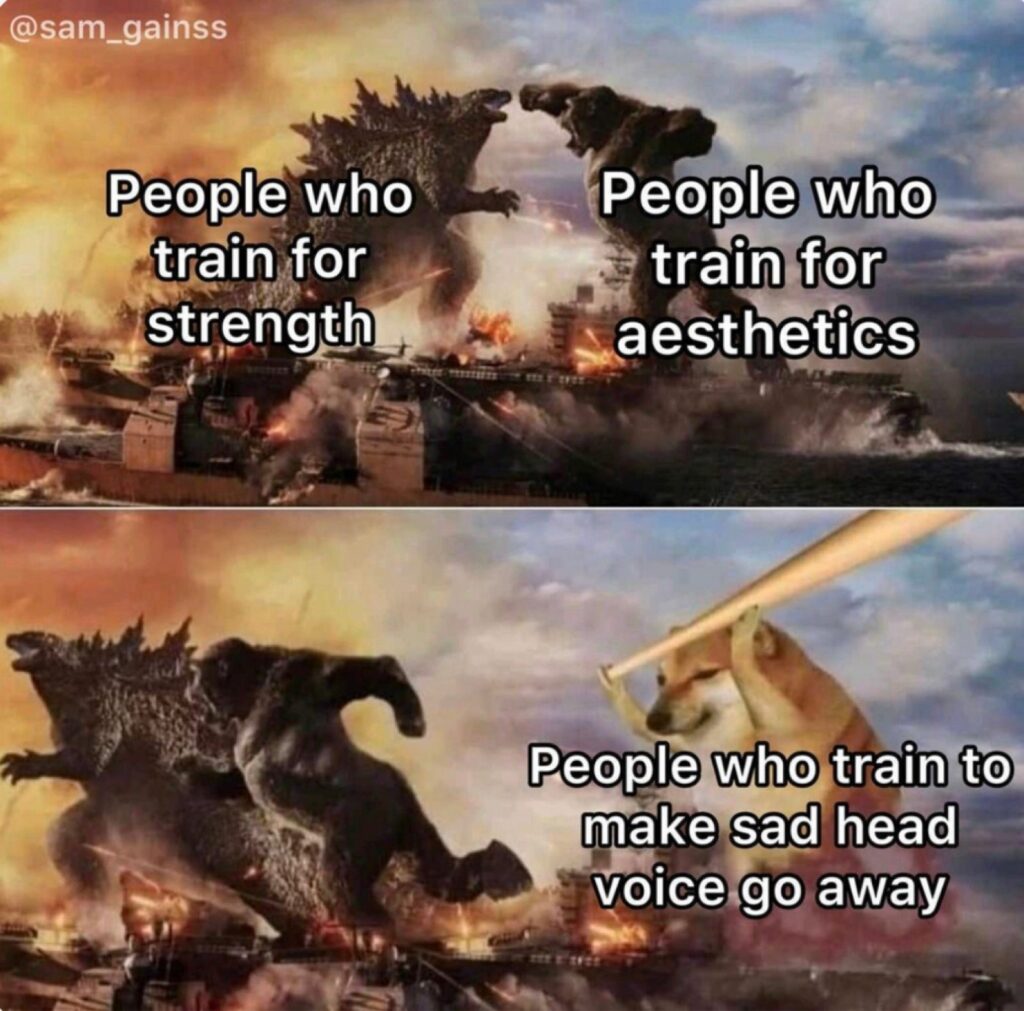
I believe that the best way to create inclusive communities is not to be speed-blind, all claiming to be middle of the pack, but to acknowledge our differences and emphasize that community value is not determined by our abilities. If a run club is advertising to be inclusive, I take it very seriously that no runner should be left behind. We should be honest and forthcoming about our abilities and intentions for a specific event. There are some situations, like a long weekend run in the mountains, where a minimum ability level is required. But there should also be other situations when all levels can be welcome and encouraged. Too frequently, community leaders also happen to be the fastest or most talented. In high school cross country, we purposefully had leaders for each pace group. Jeffery was our “JV Captain” who was there for the kids who just wanted to get some exercise and have a good time, while Blake and I led the kids who were focused on winning. This sort of diversified leadership shows everyone that their value is not dependent on their ability level, just like someone’s value in society is not simply measured by their wealth.
As a prominent person in the community, I have tried to think about how I can better portray my own abilities. Instead of writing in my Strava description “why am I so slow?”, I can write “legs not feeling the best today, probably tired from the weekend”. Instead of writing in my blog “12 hours at an easy pace”, I can write “12 hours at a casual pace for me, but we were still moving efficiently”. In an era of data and social media, I don’t think we can leave behind the splits and culture of speed, but I do hope that more people can realize that ability or speed is not a projection of our own value and place in a community. I think there is a path forward where I can acknowledge I am fast while still maintaining there is substantial room for growth. I don’t want to make others insecure about themselves, but I also want to be real about my own preparations and how much they could be improved.
Most of all, I want others to know that it does not matter where in the pack they fall. Community value comes from relationships, giving, and creating. Personal value is highly dependent, but for me, it comes from experiences and personal growth. Sometimes I like to go fast, but speed is rarely an end in itself. After all, I don’t think most of us entered this space seeking to set records – rather we are mostly in pursuit of health, experiences, community, and natural beauty. Whether you identify as fast or slow, I think there is a pack where you can find what you are looking for.
To greater heights, to unforgettable sights.
The only way is up.
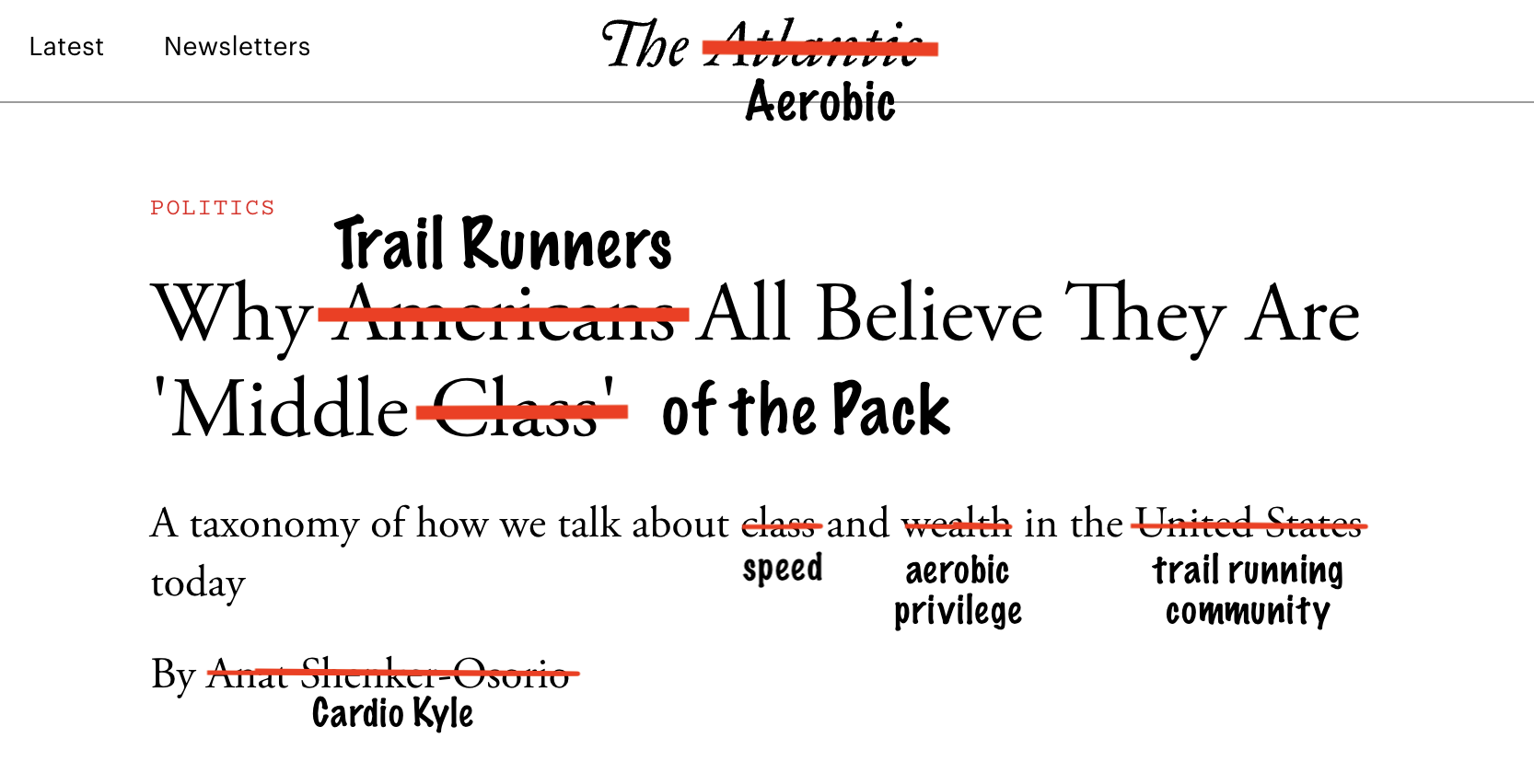
Thanks for highlighting this very real topic. As a slow runner, I gave up trying to find community through running. Started running as an adult ,almost everyone is faster than me. Solo running just feels better so much better than slowing people down all the time.
That’s too bad you haven’t found community but I understand! I’ve heard of some run clubs advertising themselves as the “slowest run club in xxx” so maybe we’ll get one of those here soon.
Cardio Kyle, as an elite trail runner in the tumultuous hoods of Issaquah, how would you describe the relationship between aerobic privilege and race + socioeconomic status? I would have liked to see you cover this topic a bit more; especially since that dynamic is often ignored in the predominantly bougie, white, and middle-to-upper class trail running community.
On a larger point, I think our community ignoring those types of conversations has created a trail running community that isn’t very inclusive to BIPOC runners….but maybe it’s up to people like Cardio Kyle to start changing that?
Haha thanks for chiming in! I’m not sure I’d be the best voice to lead the conversation given that I am someone who generally comes from privilege (economic and aerobic) and the my Asian background presents very different barriers than for someone of your background. We don’t need another person like me to project onto actually underrepresented communities.
What do you see as the major barriers to BIPOC runners? How can we be more inclusive?
I think its important to recognize that this is by design and very much on purpose. Outdoor access, particularly where I’m from (where we forcibly removed Black, Indigenous, and Asian people up until the 1950s) is for people as a ‘reward’ for participating in oppressive systems. I don’t think it will change much until Seattle addresses housing and income instability, but instead, I’ve attempted to call out rac*st, viol*nt abus*rs who go after BIPOC communities in the running community. I do see some movement there in leaderships’ willingness to address when runners (often wealthy, bougie, upper middle class white men) are behaving illegally towards their fellow community members, and it gives me hope.
Amen to all you said. You nailed it
AH, SOCIOECONOMIC COMMENTARY FROM CLIMBER KYLE, YESSSSSSS. I love that you are writing about this topic, and I love the title meme that you made where you crossed out the words, haha. I often wonder if we are acting like this because of the systems at work or in our families.
I will tell you about a recent experience: this summer I asked a very cute running boy on a trail running date. He said yes, and I picked a peak and explained it would be a slow pace. I explained I don’t have time to train anymore, and my body has some barriers to movement. He said in response, “Oh I’m sure you’re not that bad.”
I hate hearing this. I don’t say this to my friends. This is a sentiment often expressed to people in our community with disabilities. The issue I take is there is nothing wrong with being slow or bad at mountain sports. When hearing slow-speed concerns from my community, I usually respond with, “oh no worries, I’ll pack my extra heavy beer to carry then” or “sounds like we’ll get our maximum dosage of Vitamin D then” so that they don’t feel like it’s a factor in my decision to go out with them. I want the people around me in the alpine to feel free/not like I’m judging them, and I want to promote an outdoor community without the classist/capitalist performance standards placed on us when we’re inside. I would speculate that we would have less of a ‘top up’ approach to placing ourselves within a stacked rank if we had more representation/visibility on what the 98% of runners look like.
Oh and one thing- to avoid ableist rhetoric, I use the term ‘speed-shaming’ or ‘speed-apathy’ instead of ‘speed-blindness.’ This way we aren’t relating disabilities such as deafness or blindness to terms within inclusivity.
Great piece!
Good point with the terminology – Like “speed-shaming” or “slow-shaming”. I agree that part of the problems stems from the fact that the people with the most visibility are the people at the top. Some of that is expected, as the people winning races are often the professionals in the sport. But it becomes dangerous when we normalize that sort of ability.